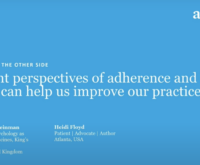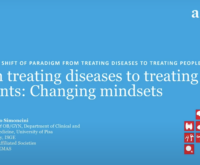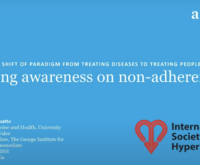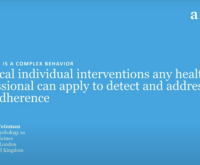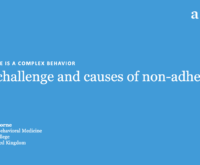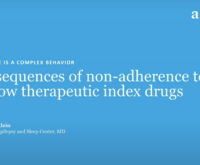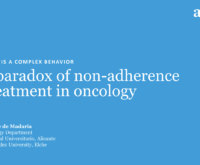For doctors
Session: Patient perspectives of adherence and how these can help us improve our practice
When Ms. Floyd first learned about her breast cancer, she was pregnant. She had watched many women in her family battle cancer, but the news came as a shock as she prepared for her child’s arrival. Strong and optimistic, Ms. Floyd shares her story with a lot of generosity. She has become an advocate for…
Session: International Society of Gynecological Endocrinology – From treating diseases to treating patients: changing mindsets
Menopause is not only defined by the absence of menses and the appearance of hot flushes – it comes with many physical and psychological challenges that can be managed with appropriate medication. Professor Tommaso Simoncini discusses the physiological changes that occur during menopause and the social and psychological impact it can have on a woman’s…
Session: International Society of Hypertension – Raising awareness on non-adherence
With high blood pressure leading to almost 11 million deaths each year, affecting both high and low-income countries, awareness of the challenge of non-adherence needs to be raised among health practitioners and patients globally to improve the detection, treatment and control of hypertension. Professor Alta Schutte, Past-President of the International Society of Hypertension, highlighted that…
Session: Practical individual interventions any healthcare professionals can apply to detect and address non-adherence
“Patient adherence should be acknowledged as a critical health care issue, and a multidisciplinary approach to education and management in this area should be established” says Professor John Weinman. To raise awareness on the need to better manage adherence challenges, Professor Weinman describes behavioral techniques for anticipating, preventing and detecting non-adherence. Professor Weinman’s talk also presents…
Session: The challenge and causes of non-adherence
Non-adherence to treatment is often seen as a negative behavior or is associated with forgetfulness. Professor Rob Horne demonstrates that patients behave a certain way in response to a variety of parameters, including their beliefs, emotions and perceptions about their disease and treatment. There are no good or bad behaviors – there are complex behaviors.…
Session: Consequences of non-adherence to narrow therapeutic index drugs
This video is a recording of a session from a:care congress 2022. Depending on its intensity and the context of its occurrence, a single seizure can have profound social and medical consequences for patients and can strongly affect their quality of life. In the case of NTIs, one single dose omission can result in a…
Session: The paradox of non-adherence to treatment in oncology
The progress of medicine and oncological treatments has significantly improved chances of survival for numerous types of cancer. Professor Enrique De Madaria explains how the increased efficacy of treatment associated with improvements in galenic formulations has led to a change of paradigm for cancer: from a progressive, fatal condition to a chronic disease. However, this medical success…

